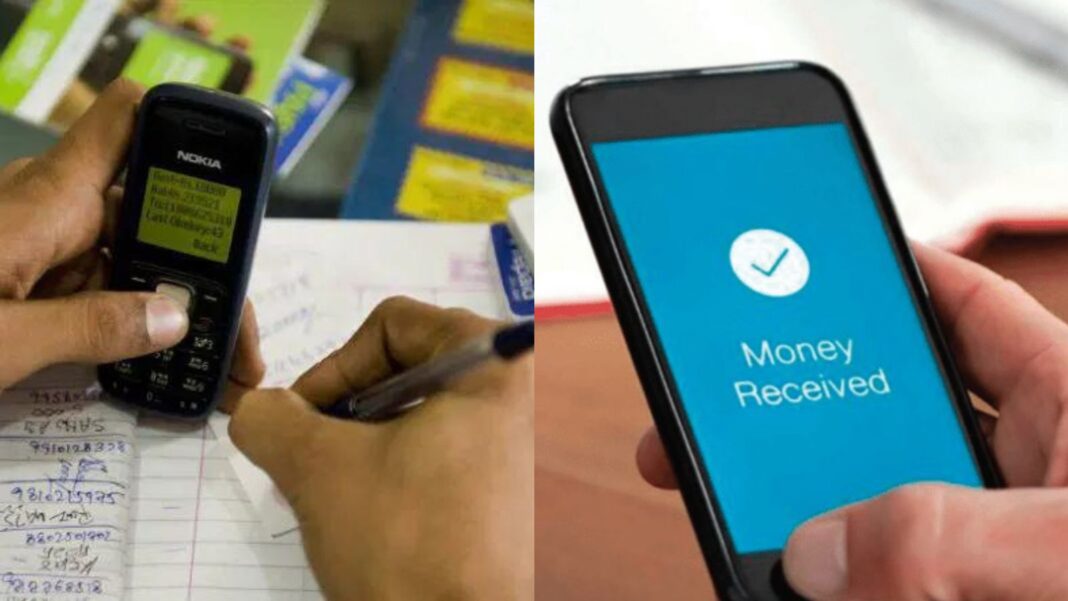As Ghana continues to embrace digital innovation, Mobile Money (MoMo) remains one of the most revolutionary financial tools reshaping the way Ghanaians send, receive, and manage money. However, with this convenience comes a growing menace: MoMo fraud.
Fraudsters are becoming increasingly creative, deploying sophisticated schemes to dupe unsuspecting users of their hard-earned cash. From fake promotions to impersonation scams, the mobile wallet has become a battleground between tech-savvy criminals and everyday users.
The rising wave of MoMo fraud in Ghana
The Bank of Ghana and telecom giants like MTN, Vodafone, and AirtelTigo have raised concerns about the growing number of fraud cases reported each month.
According to data released by the Cyber Security Authority of Ghana, MoMo fraud accounted for nearly 65% of all digital scams reported in 2024, a staggering reality that underscores the urgent need for public awareness.
How the scams work: 6 notorious schemes fraudsters use.
Below are some of the most common tactics employed by MoMo fraudsters:
- Fake promotions and rewards
Scammers often pose as representatives from popular telecom companies, promising cash prizes from ongoing “promotions.” Victims are lured into sending money or providing their PINs under the guise of “processing fees” to claim the prize.
Red flag: MTN, Vodafone, or AirtelTigo will never ask for your PIN or upfront money to claim a reward.
- Wrong transfer callbacks
A fraudster sends money to your wallet (sometimes using a stolen or compromised account), then quickly calls to plead for you to send it back. Later, the transaction is reversed from the original source, leaving you at a loss.
Safety tip: Never refund MoMo without verifying the sender’s identity and purpose through your service provider.
- Fake merchant codes
This scam targets merchants and small business owners. Fraudsters use fake confirmation messages or spoofed merchant codes to trick vendors into thinking a payment has been received.
Pro tip: Always wait for your official MoMo notification or check your balance before handing over goods.
- SIM swap fraud
By gathering enough personal information about a victim (full name, ID, date of birth), scammers convince telcos to issue a new SIM card, effectively hijacking the victim’s MoMo account.
Defensive move: Register your SIM with strong, updated credentials and secure any personal documents.
- impersonation of family or friends
Scammers sometimes call pretending to be a relative or friend in distress, urgently requesting MoMo transfers to cover hospital bills or emergencies.
Don’t panic: Always call the supposed person back directly to verify the situation.
- Fake loan offers
Fraudsters now pose as loan officers or agents from financial institutions, offering instant cash loans in exchange for a small processing fee.
Watch out: Legitimate lenders never require upfront MoMo payments for loan processing.
how you can ward off MoMo fraudsters
The fight against MoMo fraud is not only for the telecom companies — it’s a collective responsibility. Here are 5 essential tips to protect your wallet and your peace of mind:
1. Never share your PIN
Even with someone you trust. MoMo PINs should be treated like your ATM card — private and confidential.
2. Register with verified agents
Ensure your number and wallet are linked to a verified and properly registered ID.
3. Report suspicious activity immediately
Each network provider has shortcodes and hotlines for reporting fraud. For MTN, dial *170# and follow the prompts to report suspicious activity.
4. Use app-based wallets when possible
Apps like MTN MoMo or Vodafone Cash apps often come with better authentication and transaction history features.
5. Keep your personal info safe
Avoid exposing sensitive details like your full name, birthdate, or ID numbers on social media or unsecured websites.
A call for stronger regulation and public education
While individuals must take personal steps to guard their finances, the government and telecom companies have a role to play. There must be consistent public education campaigns, stronger identity verification processes, and faster response systems for reversing fraudulent transactions.

